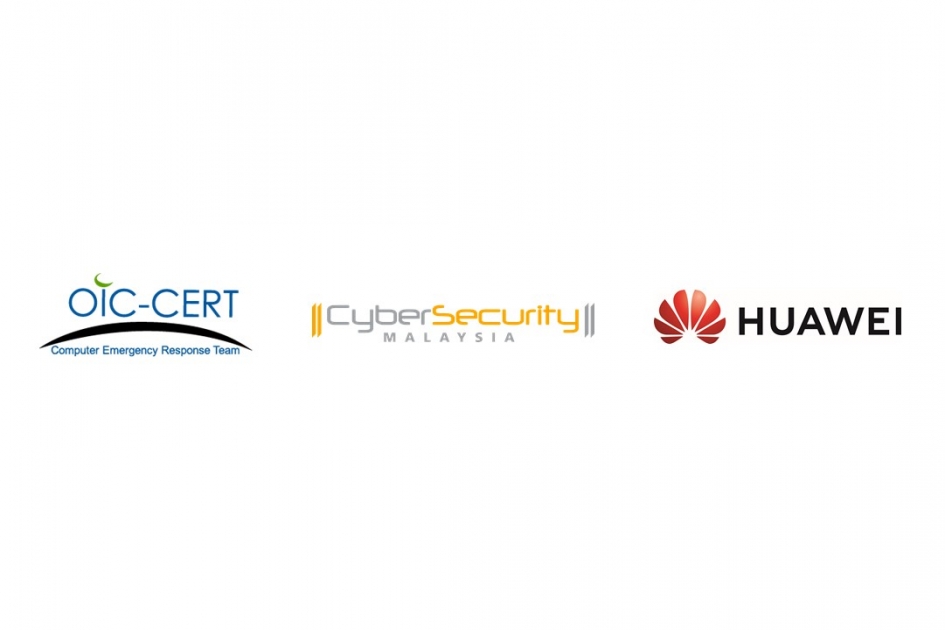
OIC-CERT Launches New Harmonized and Unified Cybersecurity Certification System for 5G
The Organization of the Islamic Cooperation - Computer Emergency Response Team (OIC-CERT) 5G Security Working Group has announced the launch of a Harmonized and Unified Cybersecurity Certification System (HUCCS) as part 3 of the OIC-CERT 5G Security Framework, in order to systematically and comprehensively provide a common assurance mechanism for the individually certified cybersecurity outcomes of 5G networks and services among the OIC member states. HUCCS is a timely update of the OIC-CERT 5G Security Framework released in early 2022.
The proposal and contents of the HUCCS has been agreed upon by the OIC-CERT Board Members during a meeting held on October 8, 2023 in Abu Dhabi. It is identified as a work item under the OIC-CERT 5G Security Working Group (WG) and part of the periodic refreshment of OIC-CERT 5G Security Framework to keep it updated.
Mohd Shamir Hashim, Senior Vice President of CyberSecurity Malaysia and the Co-Chair of the OIC-CERT 5G Security WG, stated: "HUCCS and the OIC-CERT 5G Security Framework set a new benchmark for 5G cybersecurity in the global arena and demonstrate the leadership and vision of the Islamic world in embracing the opportunities and challenges of the digital transformation. We are confident that HUCCS will foster a culture of collaboration and innovation among OIC member states and contribute to the social and economic development of the Islamic world through 5G technology."
Dr. Aloysius Cheang, Huawei's Chief Security Officer for Middle East and Central Asia and co-chair of the 5G Security WG, commented: "HUCCS is a milestone achievement for the OIC-CERT 5G Security WG. It demonstrates broad international commitment and capability to advance the cybersecurity of 5G networks and services in the Islamic world. We are hopeful this system will foster trust and collaboration among OIC member states and accelerate the adoption of 5G technology for social development and economic prosperity as 5G together with Cloud Computing are the 2 key pillars towards embracing digital transformation and the various applications and computing paradigms such as Metaverse and AI, where data is the new oil."
HUCCS promotes the cross-recognition of cybersecurity certifications, increasing the efficiency and effectiveness of deploying 5G solutions and helps improve the overall cybersecurity level for OIC member states and their stakeholders. It is based on four basic principles and a documentary system that guide the OIC member countries to design, implement, improve, and continuously optimize cybersecurity certifications. HUCCS also defines the roles and responsibilities of different practitioners involved in the certification and cross-recognition process and the actions and approaches to maintain HUCCS in the long term. It offers a conduit for OIC member states to enter new market space in partnership with other countries leveraging on HUCCS to reduce barriers of entry, cost of business, and time to market.
The OIC-CERT 5G Security Framework is an advanced control agreement that establishes the global norms for the safe and secure operation of the next-generation network. This framework includes international cooperation, risk assessment and management, cybersecurity maturity, authentication and identity management, privacy protection and compliance with international laws. With the emergence of the 5G, members felt the need to prioritize the security aspect of this upcoming technology; thus, the OIC-CERT 5G Security WG was formed. The WG is jointly led by Cybersecurity Malaysia, an agency under the Ministry of Communications and Digital Malaysia and the OIC-CERT Permanent Secretariat, and Huawei UAE, an OIC-CERT commercial member.
--END--


























